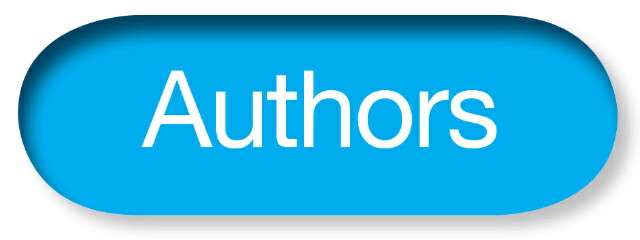                       Authors A-E Authors F-J Authors K-O Authors P-T Authors U-Z |
|
In this survey on the financing of government, you are asked to respond to each statement according to you own position and sentiments. Indicate where you: [a] Strongly Agree; [b]Moderately Agree; [c] Moderately Disagree; [d] Stongly Disagree; and, [e] if you do not feel comforable about making a response at this time, indicate No Response. |